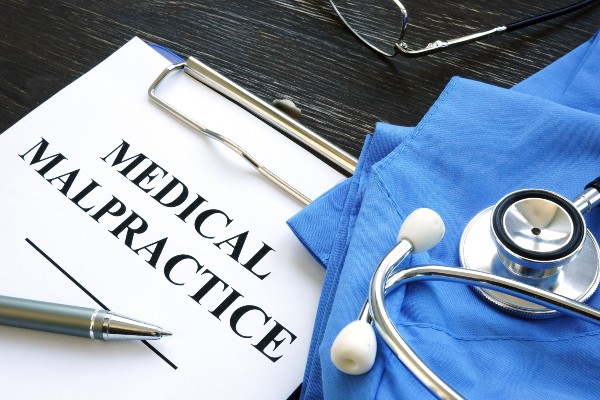
Free Consultation(203) 447-0000

Free Consultation(203) 447-0000

Hospital-acquired conditions (HACs) present significant risks for patients seeking treatment for all types of conditions. Medical mistakes are among the leading causes of death in the United States, and non-fatal HACs leave hundreds of thousands of patients suffering unnecessarily each year. According to the Centers for Disease Control and Prevention (CDC), approximately three percent of all hospital patients report experiencing HACs.
In an ideal world, hospital-acquired conditions would not exist. Patients would get the care they need, and they would leave the hospital in a better condition than when they went in. Unfortunately, the data show that HACs are common, and far too many patients experience negative outcomes that could – and should – have been avoided.
The Agency for Healthcare Research and Qualify (AHRQ) breaks down hospital-acquired conditions into 11 categories:
While AHRQ notes that HACs have declined over the past decade, it also notes that HACs in three of these categories have been on the rise: (i) catheter-associated urinary tract infections, (ii) pressure ulcers, and pressure injuries, and (iii) surgical site infections. Thus, even with the overall decline, AHRQ still estimates that HACs lead to approximately $4 billion in unnecessary health care costs each year.
As identified by the Centers for Medicare and Medicaid Services (CMS), “other” HACs include (but are not limited to):
While all hospital-acquired conditions are preventable, not all HACs are necessarily indicative of medical malpractice. In order to constitute medical malpractice, a health care provider’s mistake must fall below the standard of care recognized within the relevant medical community.
However, with awareness of HACs growing and new means of preventing HACs being developed over the past decade, health care providers now largely have the tools they need to protect their patients against these conditions. As a result, HACs will give rise to medical malpractice claims in many cases. Many hospitals are required to participate in CMS’s HAC Reduction Program, and even those that aren’t required to participate in this program must still take adequate steps to prevent HACs in their facilities.
As a patient, there isn’t an easy way to determine on your own whether a hospital-acquired condition is the result of medical malpractice. To find out if you have a claim, you will need to consult with a medical malpractice attorney. When evaluating your legal rights, a medical malpractice attorney will consider questions such as:
The answers to all of these questions could potentially be relevant to your legal rights. For example, suppose you visited the emergency room. In that case, it is possible (though not necessarily the case) that your treating physician and nurses had less of an opportunity to take the precautions required to prevent all HACs. Conversely, even if the issue that resulted in your HAC does not rise to the level of malpractice, if the hospital failed to diagnose or treat your HAC properly, then you could still have a strong medical malpractice claim.
Evaluation of medical malpractice claims related to hospital-acquired conditions must be done on a case-by-case basis. If you, or if a loved one, have been diagnosed with a HAC, you should promptly speak with an attorney about your legal rights.
There are several steps involved in proving a claim for medical malpractice. There are three key aspects to malpractice claims involving HACs, and recovering financial compensation requires a structured and comprehensive approach to proving your legal rights. These three key aspects are: (i) proving that you have a HAC, (ii) proving that your HAC is the result of medical malpractice, and (iii) proving the costs of your HAC.
First, you must be able to prove that your condition is, in fact, a hospital-acquired condition. While this will be readily apparent in some cases, there can be questions regarding the cause of a patient’s illness or injury in others. Therefore, your medical records will be key evidence, and it may be necessary to obtain an expert opinion from a specialist.
Next, you must be able to prove that your HAC is the result of medical malpractice. Again, as discussed above, several factors need to be considered, and you will need to have an attorney critically assess your grounds for pursuing a claim.
Finally, if you have a medical malpractice claim, you must be able to prove the costs of your HAC. These costs include the direct financial costs (i.e., medical bills and lost income) as well as non-financial costs such as emotional trauma, loss of enjoyment of life, and pain and suffering.
Do you have a medical malpractice claim for a hospital-acquired condition? Find out from an experienced Connecticut medical malpractice lawyer at Berkowitz Hanna. To schedule a free, no-obligation consultation at your convenience, call 203-447-0000 or tell us how we can reach you online today.
Berkowitz Hanna
